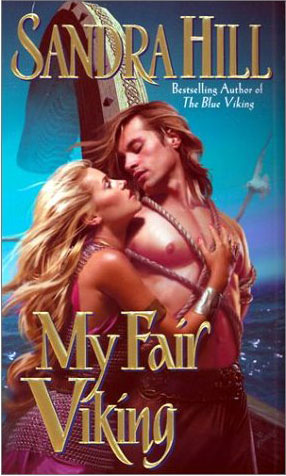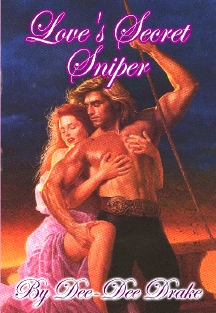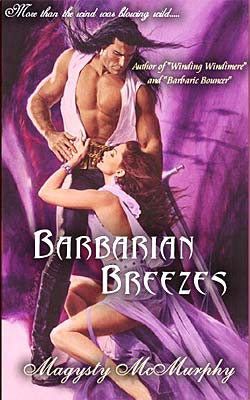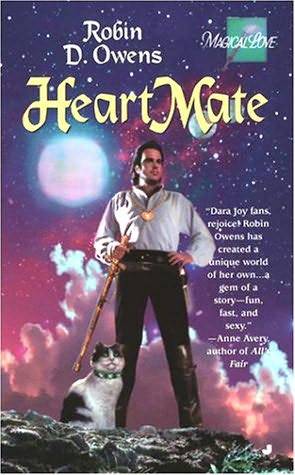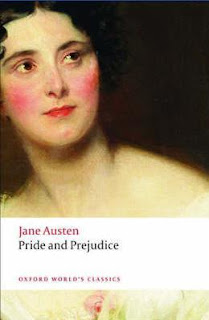I'm kind of glad that this was the final book we read this month. I mean, what better way to end the month than with the queen of romance novels? Who hasn't heard of Nora Roberts? And while you may not have read any of her books, you sure know what's going to be in them when you pick them up.
I actually enjoyed this book WAY more than I thought I was going. Ok, so bullet point time. Obvious flaws of this book:
-The main characters is super all powerful special snowflake witch
-She falls in love with main character male
*Who just happens to be super hot.
*and constantly compared to horses which, ok, in all honesty, really doesn't have to do with
anything, but listening to a guy trying to me manly compared to a horse over and over in a Irish
accent is just a little ridiculous (I had the audio book.)
-They fell in love in about a week.
-They were married in like... six months.
-I'm fairly certain they hopped into bed in under week.
So the romance half of the book... ridiculous and predictable and not how real life works at all even a little bit. So why did I like this book?
Well, because outside of the horrible romance, there was actual plot going on. Iona (our main character) moves to Ireland to find family, and finds two cousins with magical powers like hers, powers that have been passed down through her family for generations to fight off this witch (Cadvan) that's been trying to kill her family for a couple hundred years.
There is her coming into her powers and having a growing relationship with her family and getting friends and starting a life in Ireland. I mean, the characters are surprisingly round and dynamic (when they're not sleeping with each other every five seconds.) So is it a typical romance novel? Well, yes, but I kind of liked it. Not enough to go seek out the second book, but enough that one day I might pick it up.
I'm so glad this month is over. If I'm lucky, we'll never revisit romance here on the blog again. I figured, if I'm ever going to like a book that belongs solidly in the romance genre, it'll be one by Nora Roberts. Everyone gushes about how amazing she is; if she can't convert me to a romance reader, nobody can. Well, apparently nobody can, if that logic holds.
I just didn't care about anything in this book. I tried to. I could see why I should care. I just didn't. I do appreciate that there's something larger than the romance aspect going on - the "actual plot" Cassy mentioned above - but I didn't care about that, either.
This is definitely one of those times where I'm fully aware that this is just my personal preferences talking, though. It's a well-written book. It's just not the book for me. In library science, we have five "laws," called Ranganathan's Laws. One is "every book its reader" and another is "every reader their book." This book has the right readers, and I am not a part of that group. And there are books for me, and they don't live in the romance section. Sorry, romance; it's not you... it's me.
I just didn't care about anything in this book. I tried to. I could see why I should care. I just didn't. I do appreciate that there's something larger than the romance aspect going on - the "actual plot" Cassy mentioned above - but I didn't care about that, either.
This is definitely one of those times where I'm fully aware that this is just my personal preferences talking, though. It's a well-written book. It's just not the book for me. In library science, we have five "laws," called Ranganathan's Laws. One is "every book its reader" and another is "every reader their book." This book has the right readers, and I am not a part of that group. And there are books for me, and they don't live in the romance section. Sorry, romance; it's not you... it's me.









